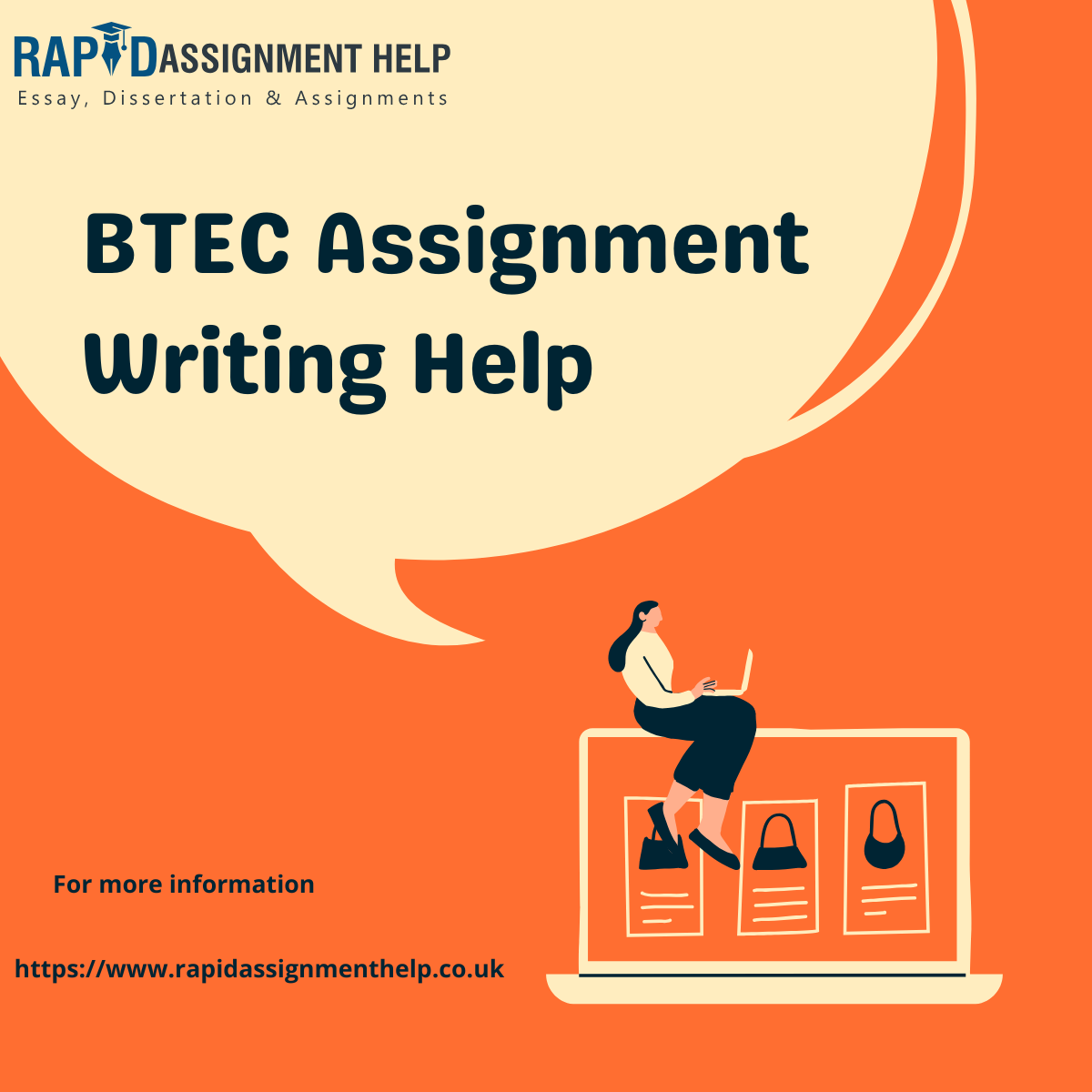Introduction
Sustainability is no longer a niche concern—it’s now a core component of modern business strategy. In the UK, companies that embrace sustainable practices are not only responding to consumer demand but also navigating regulatory shifts and securing investor confidence. For students pursuing BTEC Business or Marketing qualifications, integrating sustainability into assignments—such as business plans or marketing strategies—is increasingly essential.
1. Sustainability as Consumer Expectation
Recent surveys suggest that around 60% of UK consumers actively choose eco‑friendly brands, even if it costs more. Young consumers, in particular, expect companies to take accountability for environmental impact.
- Brand loyalty: Ethical practices—like plastic reduction, renewable energy use, or fair trade sourcing—can significantly boost customer retention.
- Reputation benefits: Brands that publish carbon reduction targets or sustainability roadmaps gain trust, especially from younger demographics.
For BTEC students, this means that marketing assignments and business reports should incorporate consumer behaviour analytics and brand positioning that highlights green credentials.
2. Navigating Regulatory Changes in the UK
UK legislation increasingly requires companies to demonstrate environmental responsibility:
- The Energy Savings Opportunity Scheme (ESOS) mandates large businesses to report on energy consumption and implement savings.
- Plastic packaging regulations now include extended producer responsibility, forcing businesses to reduce single-use plastic and manage recycling.
These policies create both risk—non-compliance can lead to fines—and opportunity: firms that exceed standards can enhance brand value.
When writing business plans or marketing strategies, BTEC coursework now often demands descriptions of:
- Carbon reduction targets aligned with net-zero goals
- Waste management policies (e.g. zero-waste models, recycling incentives)
- CSR strategy that reflects statutory responsibilities and company values
3. Investor Interest and ESG Reporting
Sustainability matters to investors too. ESG (Environmental, Social, Governance) reporting is increasingly required by institutional investors and funds.
- Companies with clear ESG credentials often enjoy higher valuations and lower cost of capital.
- Publicly traded UK businesses—especially on FT boards—are prioritizing transparent ESG impact data.
For BTEC students, this means integrating financial forecast models into marketing and business assignments that include:
- Projected ESG outcomes (e.g. carbon emissions reductions)
- Status reporting on sustainability milestones
- Risk assessments tied to regulatory non-compliance
4. Sustainability in BTEC Assignments
Real-world expectations now filter into BTEC business and marketing modules. Successful assignments typically include:
A. Carbon Reduction Targets
Students must propose realistic year-on-year reductions in carbon footprint—examples:
- Transition to renewable energy sources within 5 years
- 25% reduction in logistics fuel usage by third year
- Yearly monitoring strategies and adjustment plans
B. Waste Management Policies
Assignments may ask for strategies such as:
- Returnable packaging systems
- In‑house recycling protocols
- Product take-back schemes
Students should consider the financial implications: cost vs. savings over time, stakeholder engagement, and implementation timelines.
C. CSR Strategy
Corporate Social Responsibility plans should include:
- Community engagement initiatives
- Worker welfare measures
- Ethical sourcing commitments
Plans should be tied to strategic goals: brand differentiation, corporate values, and long-term growth.
5. Structuring Coursework with Sustainability Themes
A typical assignment—such as a marketing plan or business proposal—might follow this structure:
- Executive Summary: State sustainability goals and strategic rationale.
- Situation Analysis: Explain market pressure (consumer demand, legislation, ESG trends).
- Objectives: Quantify sustainability outcomes (e.g. 20% emissions reduction).
- Strategy: Outline product, promotion, pricing, and distribution with green credentials.
- Policy Section: Detail carbon policy, waste strategy, CSR initiatives.
- Implementation Plan: Assign tasks, set timelines, and identify budget implications.
- Monitoring: Include metrics, reporting frequency, and contingency planning.
- Conclusion: Summarize projected impact, ROI, and risk mitigation.
Evaluators look for coherence, realism, and alignment with BTEC unit criteria—which increasingly emphasize ethics, stakeholder consideration, and operational feasibility.
6. Real-World Examples UK Students Could Cite
- Unilever’s Sustainable Living Brands: Achieved significant growth while reducing plastic footprint and improving supply chain welfare.
- John Lewis Partnership’s Net Zero Roadmap by 2050: Clear sustainability milestones in retail and operations.
- Triodos Bank: A publicly listed organisation that embeds ESG performance into its core mission.
Showing familiarity with such specific UK businesses demonstrates applied knowledge and real-world relevance in assignments.
7. Tips for Strong Sustainability Integration
- Use real data—e.g. targets aligned with UK’s 2050 net-zero regulations.
- Use SMART objectives (Specific, Measurable, Achievable, Relevant, Time-bound).
- Align strategy with stakeholder interests—customers, investors, regulators.
- Conduct a risk‑benefit analysis—evaluate both sustainability investments and compliance avoidance costs.
- Cite credible sources (government policy documents, corporate sustainability reports, UK environmental NGOs).
8. Balanced Assessment of Sustainability’s Business Case
A nuanced assignment addresses both sides:
- Opportunity: Improved brand loyalty, investor trust, and long-term resilience
- Challenge: Initial cost, training needs, supply chain disruptions, measurement complexities
Explaining how a company can pivot to sustainable models gradually—rather than abrupt change—demonstrates realistic planning mentality.
Final Thoughts
With BTEC coursework increasingly reflecting modern business imperatives, sustainability is no longer optional—it’s expected. From setting carbon targets to formulating CSR strategies, students must engage critically with emerging UK standards and market demands.
Students frequently require external BTEC assignment help to ensure legislative accuracy in business and marketing content. Meanwhile, strategic assignment help support can refine proposals, polish formatting, and align academic referencing with unit criteria.
By coupling academic diligence with applied sustainability strategy, BTEC students produce work that mirrors professional standards and meets evolving curriculum expectations.






Comments